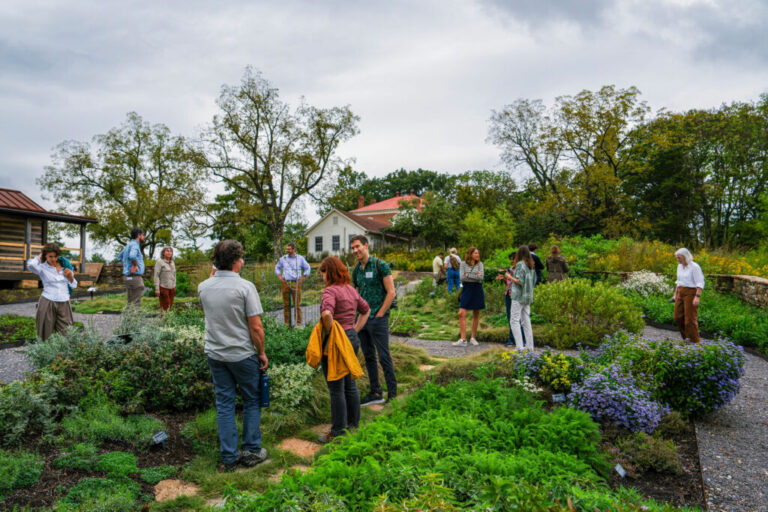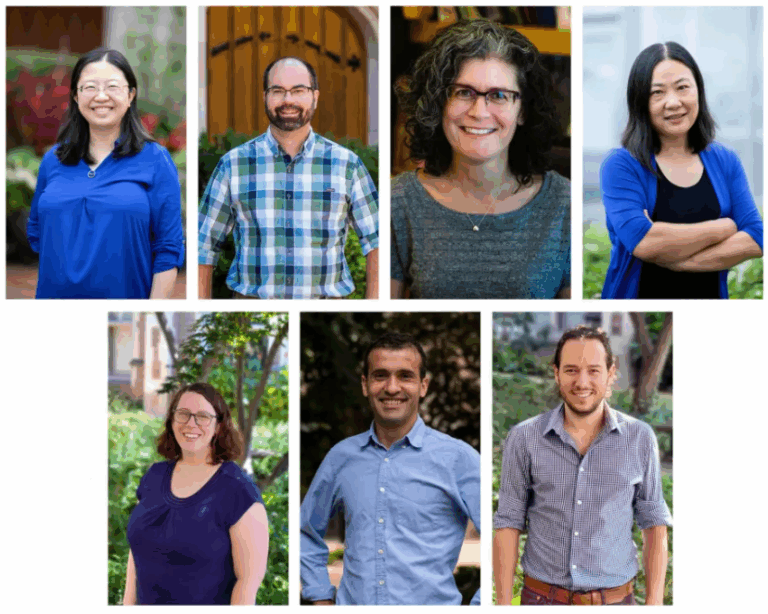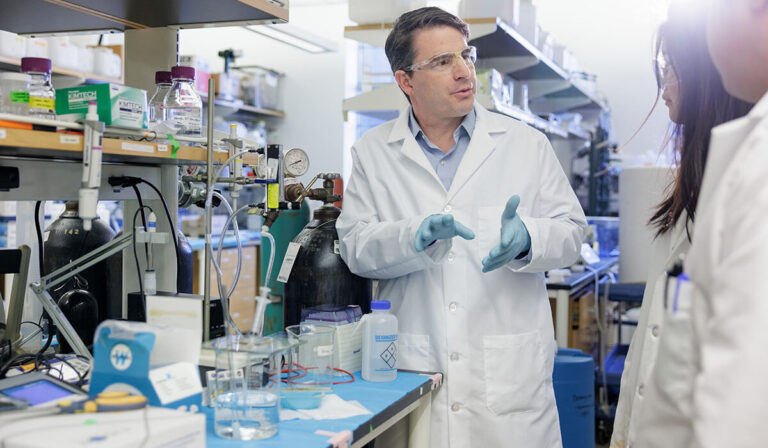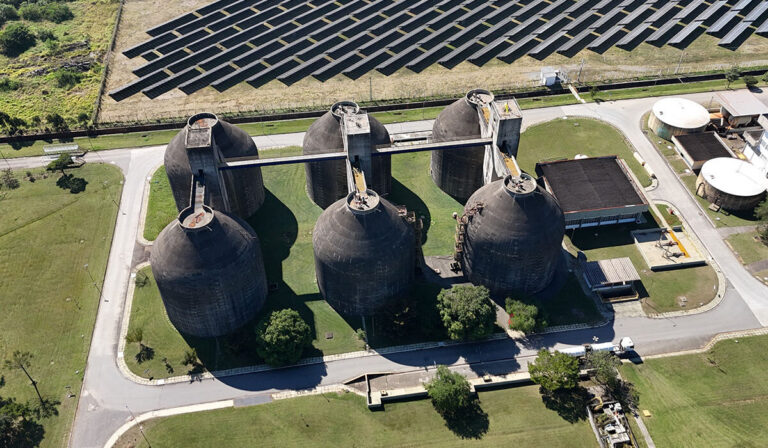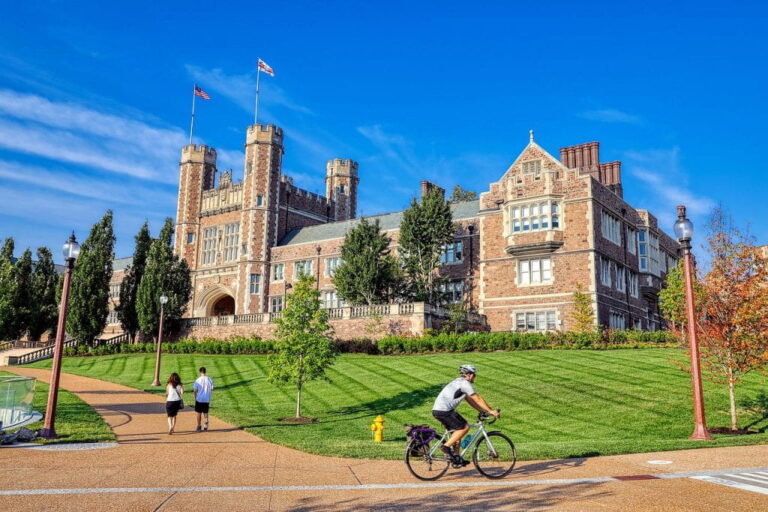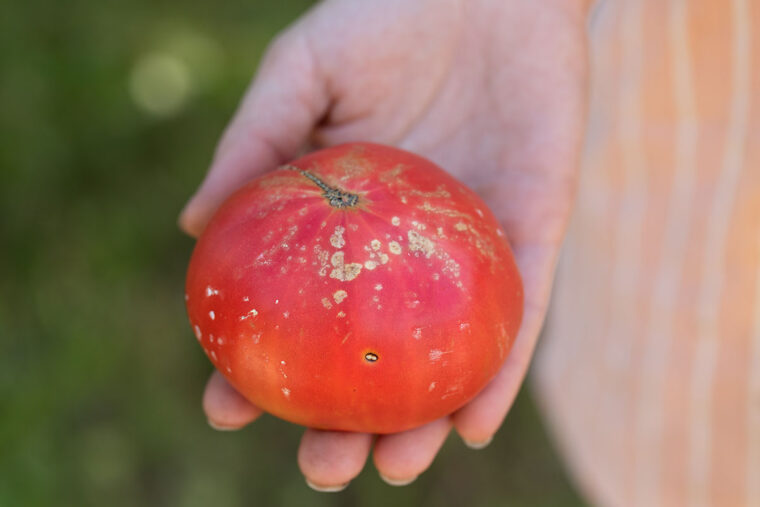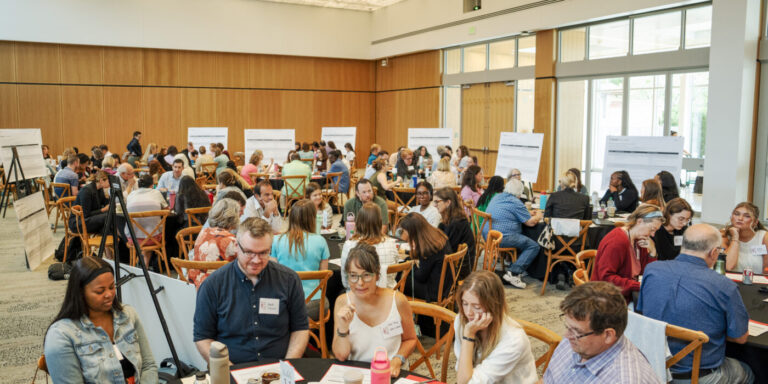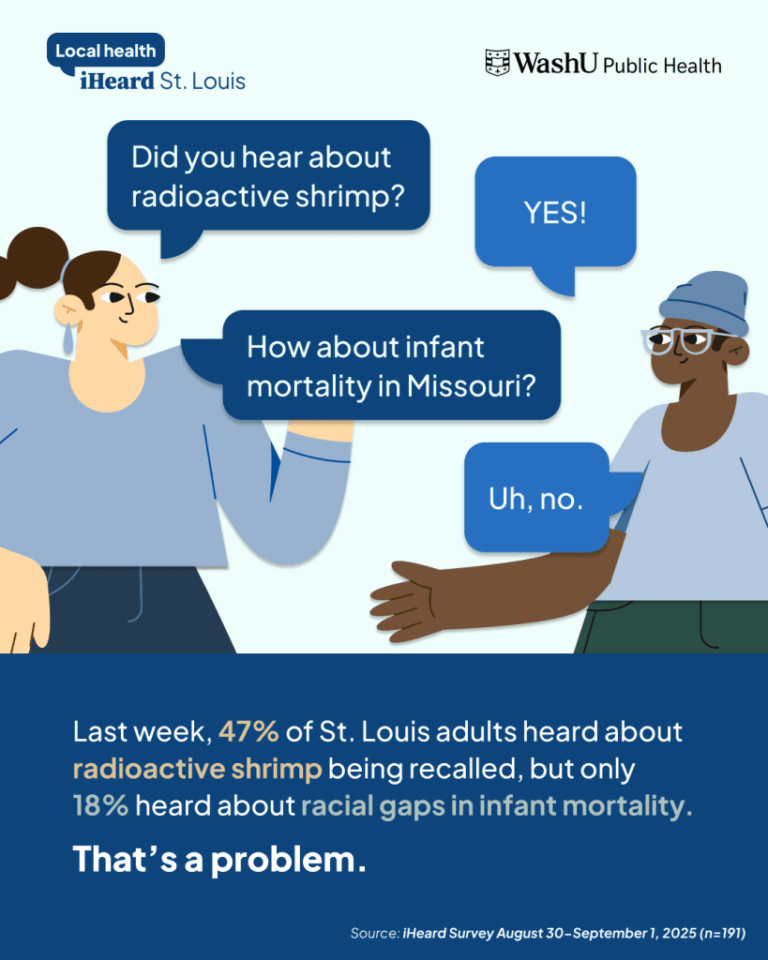WashU Public Health hosts panel on building resilient food systems
Experts on biodiversity, food security, nutrition policy discuss ways to jointly promote sustainable agriculture, improved nutrition.
Biology faculty receive seven NIH MIRA awards
Seven members of the Department of Biology have received Maximizing Investigators’ Research Awards (MIRA) from the National Institutes of Health (NIH).
WashU’s Trusted Tap will empower households to monitor water quality
Water utilities regularly monitor drinking water supplies. But once water enters the individual plumbing of households, there are no checks on what’s coming out of the tap.
A silver lining in sewer sludge: volatile fatty acids
Jason He, the Laura and William Jens Professor of Energy, Environmental and Chemical Engineering at Washington University in St. Louis, wanted to find more efficient ways to get riches out of the rubbish.
Public Health People: A conversation with researcher Lora Iannotti
The Lauren and Lee Fixel Distinguished Professor of Public Health talks hunger, nutrition and the promise she sees in the new School of Public Health
October is Active Transportation Month
October is one of two Active Transportation Months (ATM) at WashU hosted by Parking & Transportation, Office of Sustainability, and WUSM Operations & Facilities Management.
Multidisciplinary team secures $3.6M grant to investigate health risks from flooding
A cross-disciplinary team of WashU researchers has received a five-year, $3.6 million grant from the National Science Foundation to expand its work studying the human health effects of flooding in communities in the Mississippi Delta and the St. Louis Metro East region of Illinois.
How harmful bacteria hijack crops
Aphids, grasshoppers and other bugs aren’t the only pests that can quickly wipe out a crop.
Building momentum: School of Public Health marks milestones
The School of Public Health is accelerating its growth, with new faculty, staff and students joining its ranks, two locations now fully operational and core initiatives driving interdisciplinary collaboration and community impact.
Radioactive shrimp vs. infant mortality
Nearly half (47%) of St. Louis adults surveyed reported hearing about a recall of “radioactive shrimp” in the last 7 days; only 18% reported hearing about wide racial gaps in infant mortality in Missouri during the same time.
